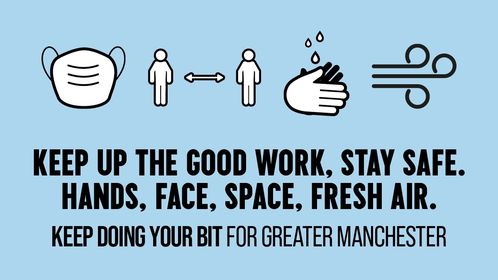
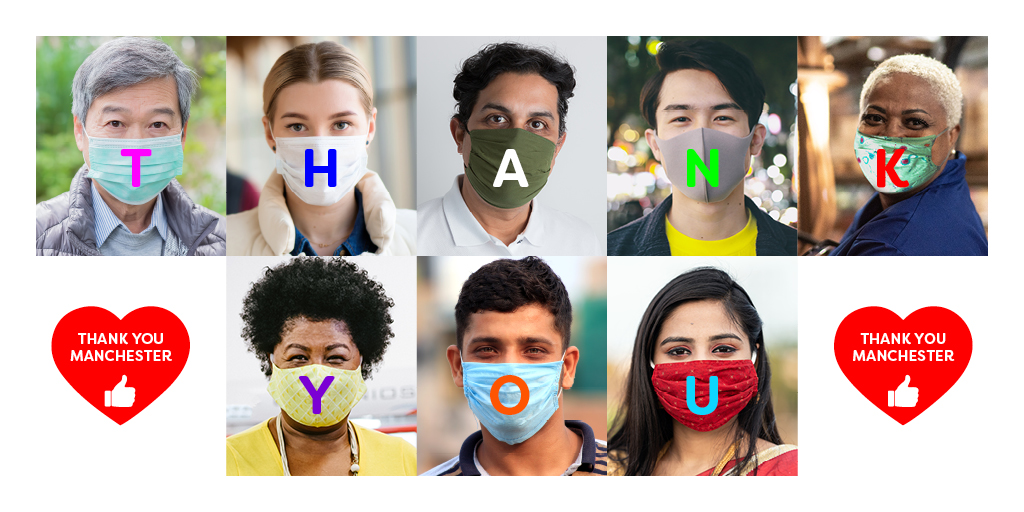 l
l
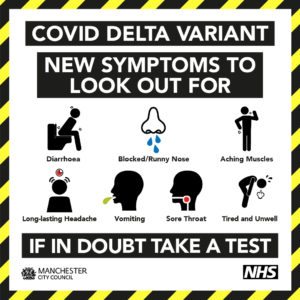
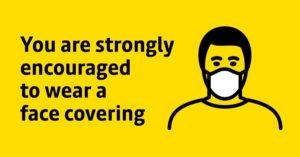
Here in GM, we’re well known for looking out for each other. That’s why we’re encouraging you to continue wearing your face covering on buses and trains unless you are exempt.
Let’s keep each other safe.
http://tfgm.com
Please carry on helping to keep our city safe as Covid case numbers are high, by:
- Meeting outside ????
- Getting your jabs ????
- Getting tested regularly ????
- Wearing a face covering in busy places ????
- Wash hands regularly
manchester.gov.uk/coronavirus


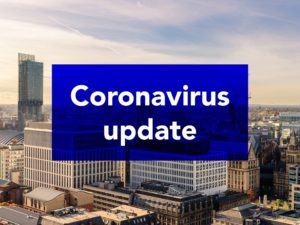

Please remember to have your second dose
Please remember that your second Covid-19 vaccine is just as important as the first.
It helps to provide longer-term protection.
So, when your second appointment is offered, keep doing your bit by keeping it and help to protect you and your family from Covid-19.
If you’ve had your Covid vaccine you still need to keep following the government guidance.
Keep doing your bit with regular Covid testing
We can all take free, rapid Covid-19 tests twice a week.
The tests are available to everyone in. You can keep doing your bit by having rapid tests to keep you and your loved ones safe. www.NHS.uk/get-tested
Covid rapid home testing kit instructions available in alternative formats
Instructions for how to use a Covid rapid home testing kit in alternative formats and languages are available from the gov.uk website
For information in an alternative language, select a language from the top of the webpage. Easy Read and large print formats are also available.
Support for the visually impaired with rapid Covid home testing kits
The Be My Eyes partnership with the Dept of Health helps those with sight loss to complete at home testing through the support of an app and NHS Staff find out more
Just a reminder…
The Assisted Covid Testing Centre (rapid tests for people with no symptoms) based at the Rates Hall in the Manchester Town Hall is re-locating to the Healthwork Head Office, St John Street Manchester M3 4EA from Monday 8 May 2021.
For testing site locations manchester.gov.uk/coronavirus

Self-isolate when you need to
We know self-isolating is hard. But please keep doing your bit and self-isolate if told to do so. It’s important to stopping the spread of Covid-19 and saving lives.
If you need support for things like food or essentials go to www.doyourbitgm.org www.nhs.uk/get-tested
Mental Health Awareness Week
Mental Health Awareness Week is from 10-16 May 2021. For in-the-moment mental health support you can text 85258 to reach SHOUT. SHOUT is silent, confidential and available 24/7. So, no matter where you are, when it is or who you are with support is available through SHOUT by texting 85258.
Eid Mubarak!
Next week sees the end of Ramadan and the start of Eid al-Fitr.
There are no planned events in parks or public spaces this year.
By following the rules around gatherings, you are protecting yourself and loved ones from coronavirus. Happy Eid al-Fitr to everyone celebrating next week.
Remember the golden rules
???? Hands
???? Face
↔ Space
https://content.govdelivery.com/accounts/UKMANCHESTER/bulletins/2d817f1
COVID-19 translations and resources
Manchester City Council has developed a range of downloadable public safety information, to support our communities through COVID-19. There are posters, videos and social media assets for you to download in alternative formats and languages.
There are also accessible formats for disabled people on the Breakthrough UK Resource Hub https://breakthrough-uk.co.uk/covid-accessible-information-hub/
If you need to read the information on this page in another language or to have it spoken back to you please use BrowseAloud.
https://secure.manchester.gov.uk/info/200116/websites/4984/browsealoud
Health and wellbeing
See available Public Health England and NHS resources
Stay Safe
Hand washing posters are available as a downloadable Zip file in: Arabic, Bangla, Farsi, Gujarati, Kurdish, Punjabi, Somali and Urdu.
Social Distancing posters are available as a zipped file in PDF and JPG formats in: Arabic, Bangla, Chinese, Farsi, French, Gujarati, Polish, Punjabi, Romanian, Somali, Spanish and Urdu.
COVID-19 in other accessible formats
For more COVID-19 information in accessible formats see Breakthrough UK’s COVID Accessible Information Hub.
Community advice leaflet about measures to help prevent the spread of COVID-19
This information is available to download as an A5 sized document in PDF and JPG formats with Easy Read symbols in the following languages: Arabic, Bangla, Chinese, English, Farsi, French, Gujarati, Polish, Portuguese, Romanian, Somali, Spanish and Urdu.
Stay Connected Through COVID-19 – Help to get online
Information about getting help to get online is available to download in a zip file in: Arabic, Bangla, Cantonese, Chinese, Czech, Farsi, French, Gujarati, Hindi, Lavarian, Lithuanian, Polish, Punjabi, Romanian, Russain, Slovakian, Somali, Spanish, Swahili, Tigrinya and Urdu.
Manchester Community Response Hub
- Information Resources A5 Flyer, A4 Posters and Social Media tiles to download in a Zip file in the following languages
Alternative format languages: Arabic, Bangla, Cantonese, Chinese, Czech, English, Farsi, French, Gujarati, Hindi, Lavarian, Lithuanian, Polish, Punjabi, Romanian, Russain, Slovakian, Somali, Spanish, Swahili, Tigrinya and Urdu.
Community Briefing note and Q&As on COVID vaccinations in Manchester
Information about how the community vaccination for COVID-19 is being organised in Manchester and the city’s Director of Public Health Dave Regan answers community questions about the vaccine.
This Information available to download in PDF format in the following languages:
Arabic, Chinese, English, French, Polish, Romanian, Somali, Spanish, Tigrinya and Yiddish.






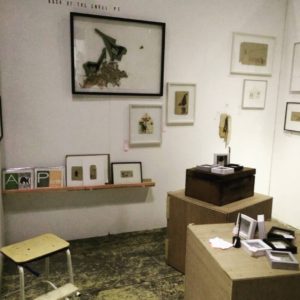

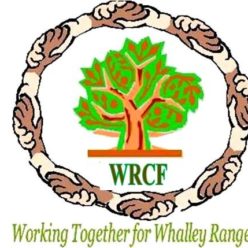


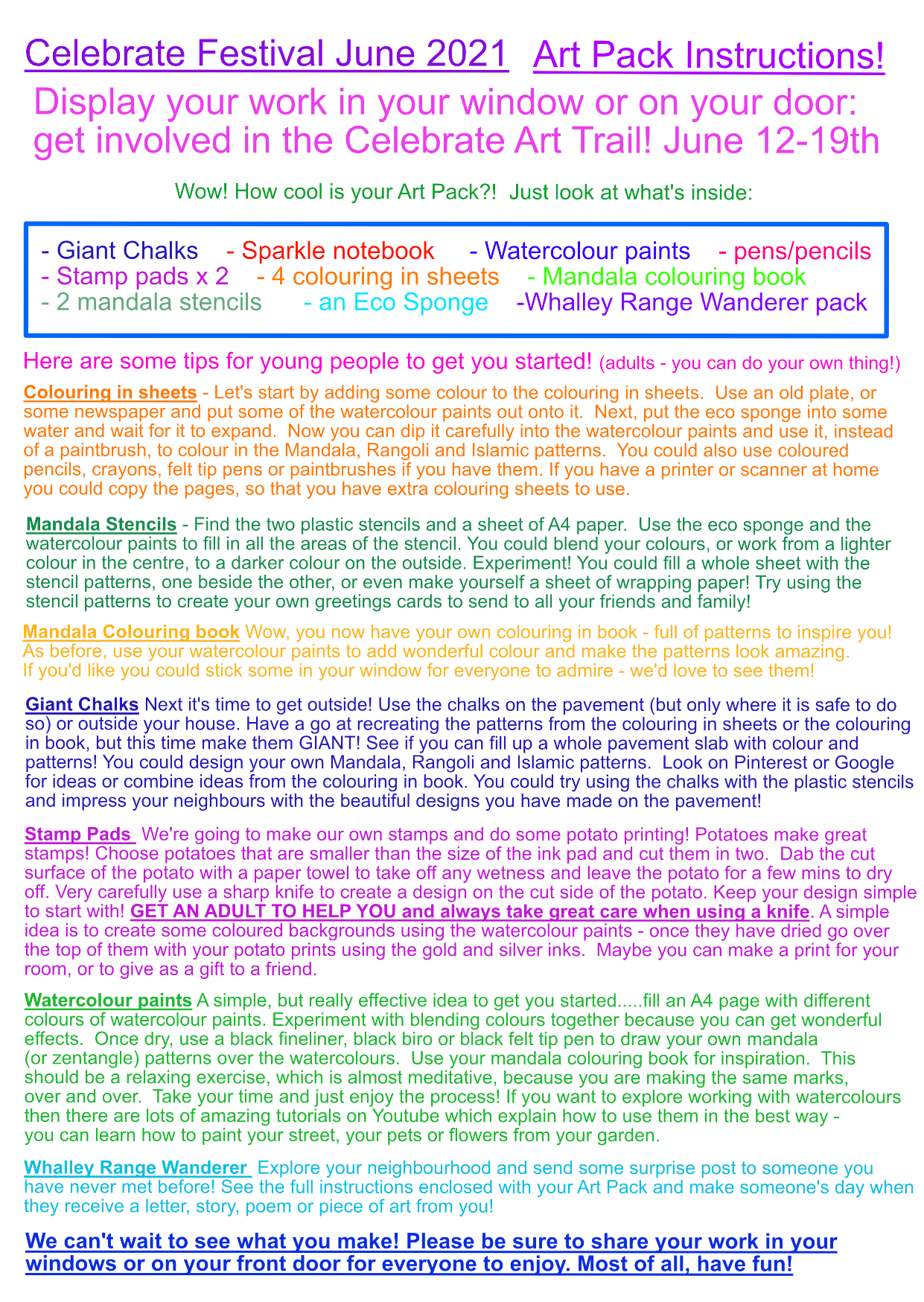
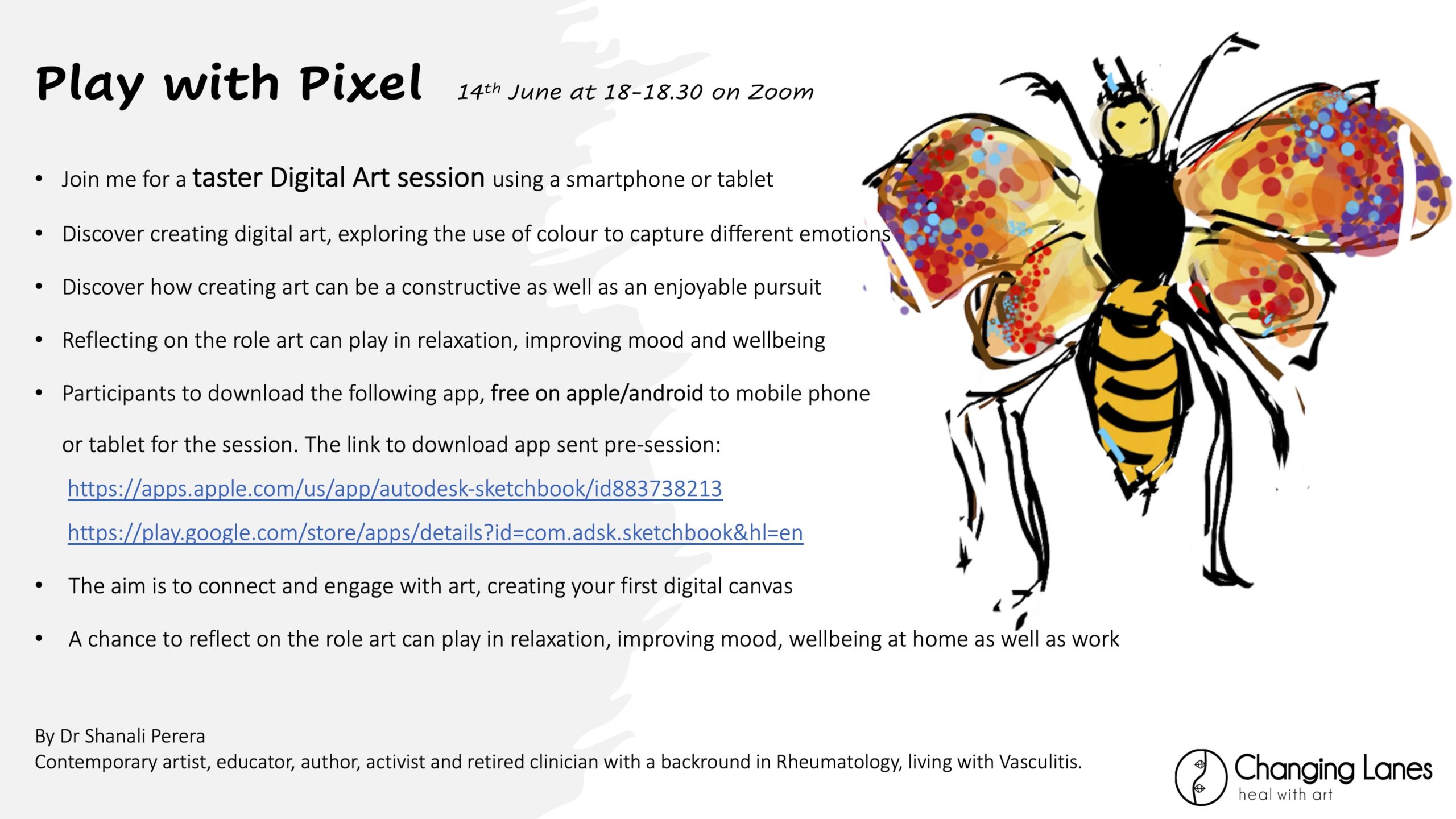
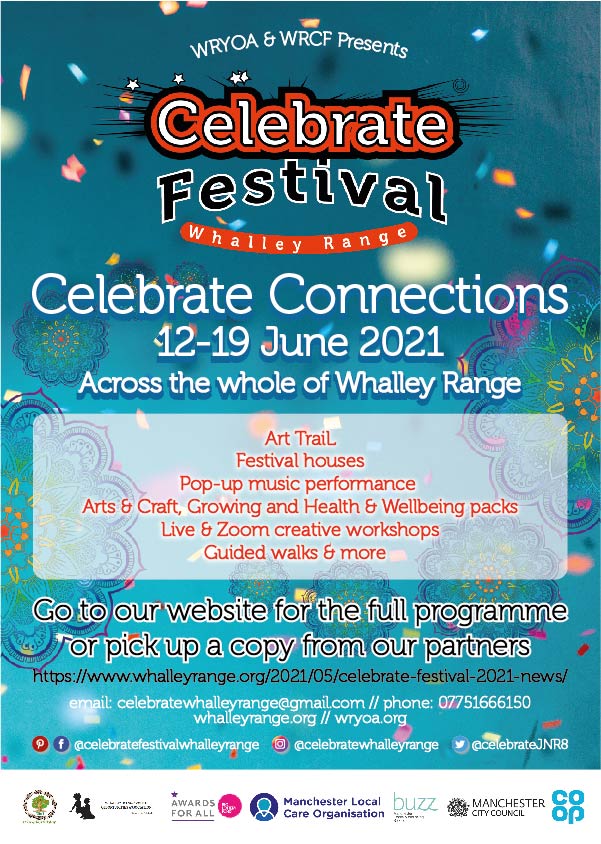
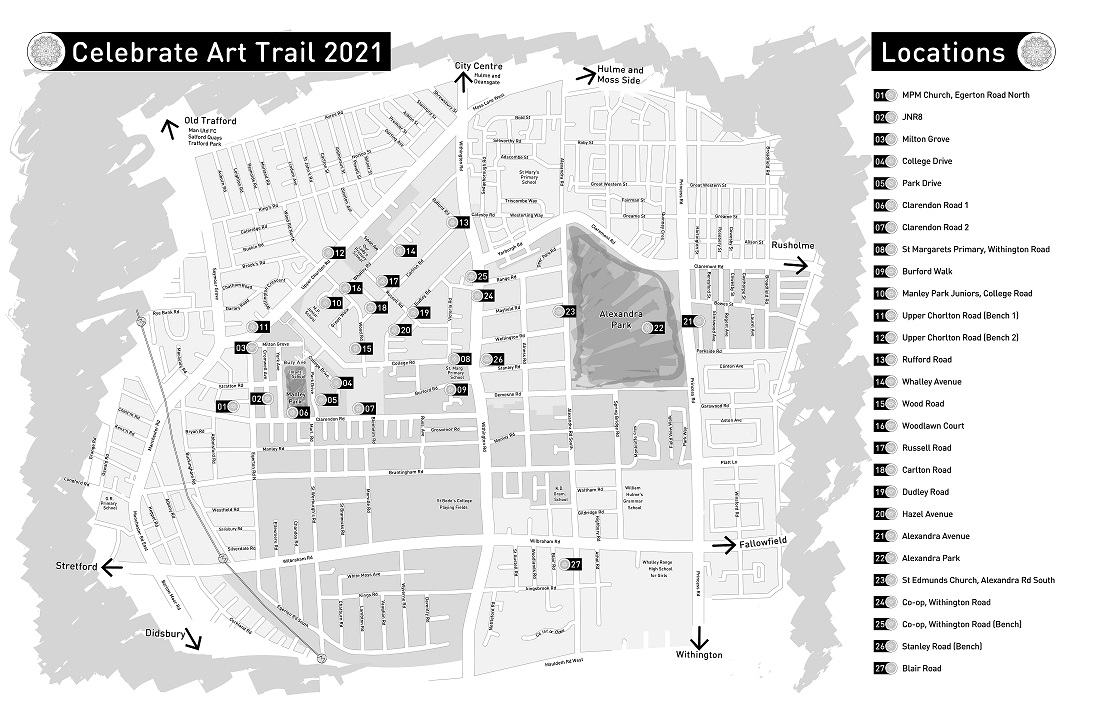


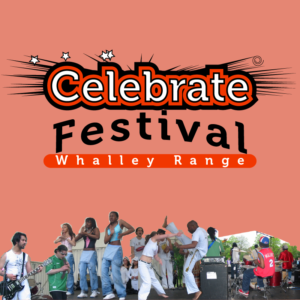



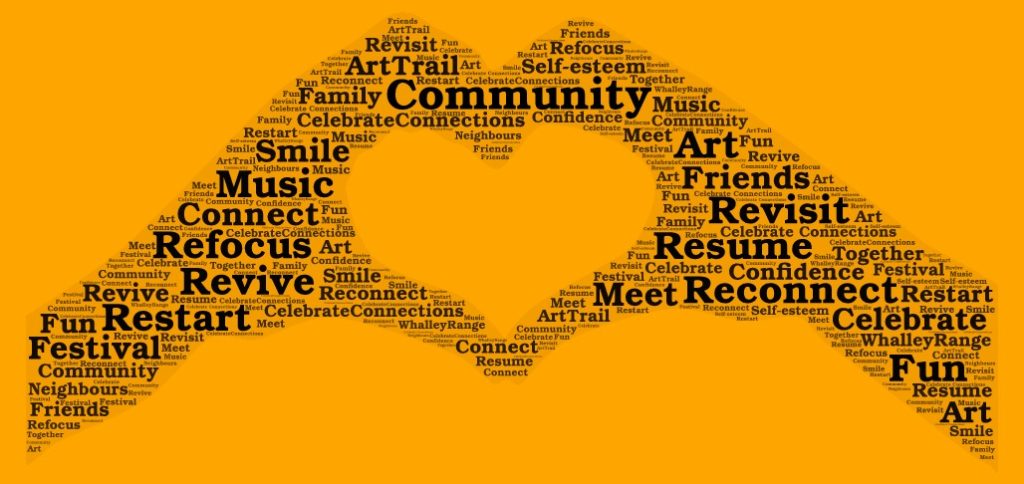
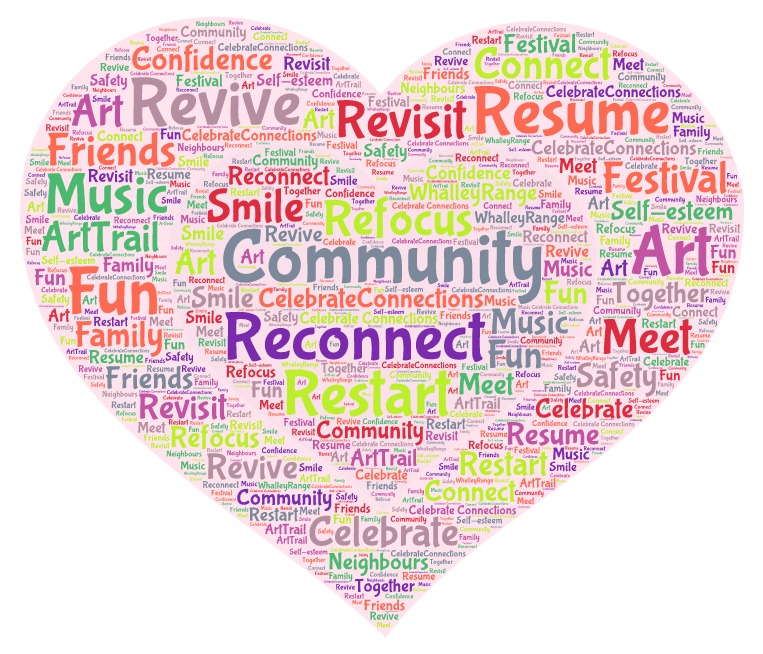



 l
l









